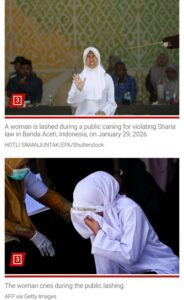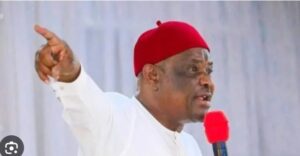President Bola Tinubu has unveiled Nigeria’s 2025 budget, outlining bold steps to improve the economy. During a presentation to the National Assembly, he announced key goals, including cutting inflation from the current 34.6% to 15% by 2025 and strengthening the naira’s exchange rate from N1,700 to N1,500 per dollar.
“The budget projects inflation will decline from the current rate of 34.6% to 15% next year while the exchange rate will improve from approximately N1,700 per dollar to N1,500, with a base crude oil production assumption of about 2.06 to 2.5 million barrels per day,” Tinubu stated.
The proposed N47.9 trillion budget focuses on addressing inflation, stabilizing the exchange rate, and boosting critical sectors. President Tinubu said the projections are based on:
- Reducing petroleum imports and increasing the export of refined products.
- Improving agricultural output through better security, leading to bumper harvests.
- Reducing food imports, saving foreign exchange.
The budget includes significant funding for essential areas to drive growth:
- Defence and Security: N4.91 trillion
- Infrastructure: N4.06 trillion
- Health: N2.4 trillion
- Education: N3.5 trillion
Nigerians have been grappling with rising inflation and a volatile exchange rate. The National Bureau of Statistics recently reported that inflation rose to 34.6% in November 2024, compared to 33.88% in October.
President Tinubu expressed optimism that the measures outlined in the budget would provide relief and set the foundation for a stronger economy. By reducing reliance on imports and increasing domestic production, the government aims to stabilize prices and improve the standard of living for Nigerians.
The 2025 budget reflects the government’s commitment to addressing the country’s economic challenges. If successfully implemented, it could mark a turning point in Nigeria’s journey toward stability and growth.
With a focus on strategic spending and reforms, Nigerians are hopeful for a brighter future.







